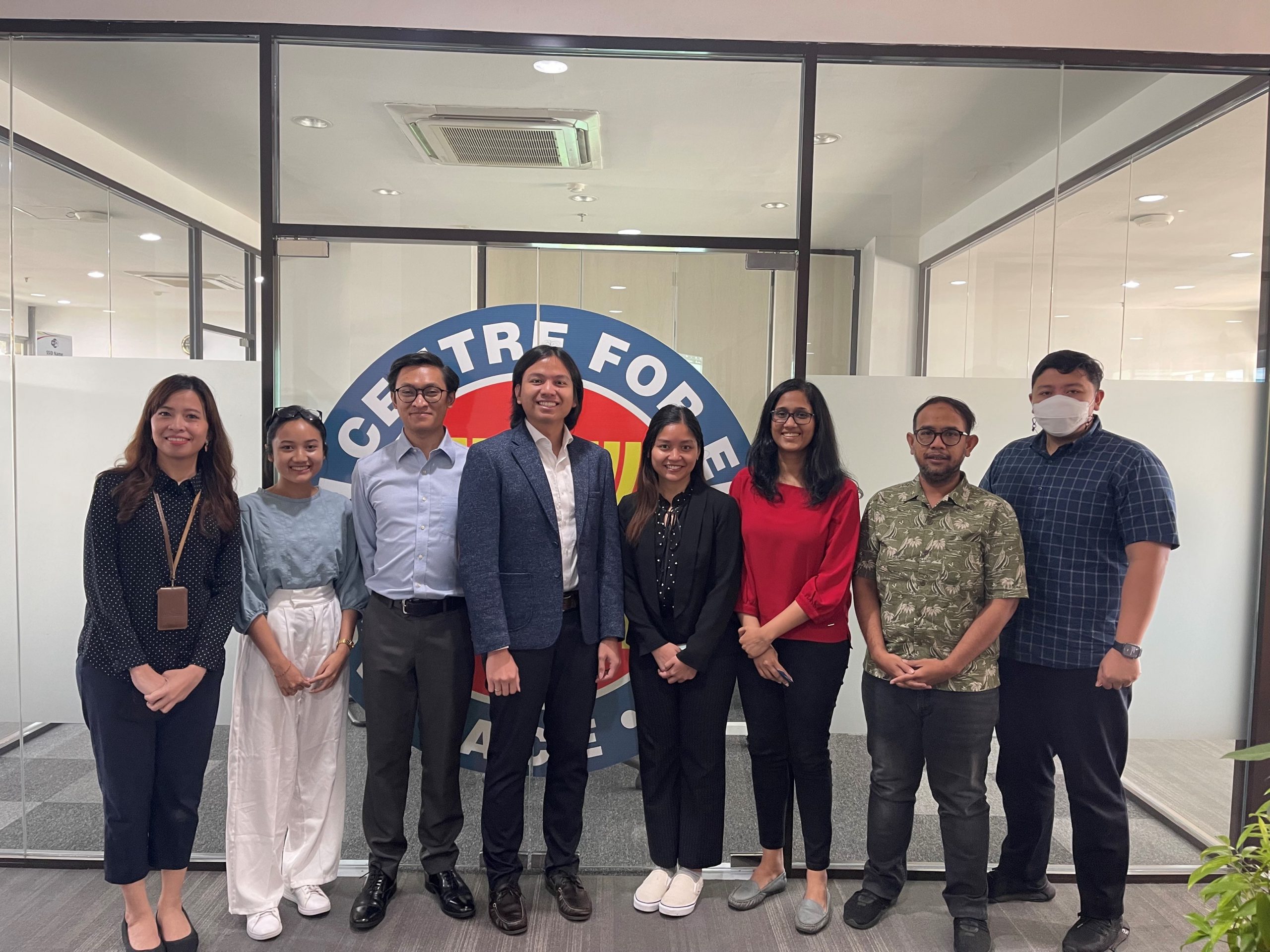i
i
The ASEAN Climate Change and Energy Project (ACCEPT II) team just had a meeting with the student representatives of Columbia University in ASEAN Centre for Energy (ACE) Office on 17 May 2023.
An interesting study on energy and climate modeling has been conducted by the graduate students at SIPA, Columbia University. The team of students came and presented the study finding to ACCEPT II team. Powering Nusantara, is the title of their project. The main objectives of the project are to estimate the electricity demand for IKN from 2024 to 2045, to discover the most feasible clean energy sources to meet the demand, and to plan the policies that IKN should implement to achieve the targets. This project is a part of their graduate study in Master of Public Administration (MPA) at School of International and Public Affairs (SIPA), taking the Energy and Environment specialization track. The project is being supervised by Dr. James Glynn, a senior research scholar at the Centre on Global Energy Policy. He leads the Energy Systems Modelling Program, which is aligned with the study that is being conducted.
The modeling study is using System Dynamic and TIMES to combine two different models. In specific, this model uses linear programming to produce a least cost energy system, optimized according to a number of user constraints, over medium to long-term time horizons. Moreover, there are three scenarios that are applied in this project. The three scenarios are 100%, 80%, and 57% of investment scenarios, which also related with the grand design of the authority of IKN. The demand and supply side are discussed in the study also. As part of project activities, the project has held several supporting activities such as TIMES Starter Model Training, virtual stakeholder consultation, and stakeholders in person meetings between 2022 and 2023. This is also highly related to the third point of discussion, which is policy recommendations. From the modeling result, the students conclude that there are several barriers in achieving the target, respectively: higher electricity price, higher environmental impact, the risk of displacement of indigenous communities, and fossil fuel-related utilization.

Figure 1. Team of Columbia University and ACCEPT II team during the discussion
Aldilla Noor Rakhiemah, Senior Researcher of ACCEPT II Project sees this as interesting research to be developed with. She added that it is necessary to compare the situation with other ASEAN countries to find similarities between the nations. It is also needed to find potential resources in targeted regions to fulfill the energy needs. Moreover, Muhammad Shidiq who is also Senior Researcher of ACCEPT II also gave valuable input from the modeling sides. Additionally, Shidiq suggested to have a collaboration between ACE and Columbia University that will result in international publication. Furthermore, the study recommends enabling regional networks to achieve the energy target and map out possible pathways to meet the new target.
Detailed information on ACCEPT II can be found at https://accept.aseanenergy.org/
ACCEPT welcomes any collaboration, please feel free to contact us at [email protected]